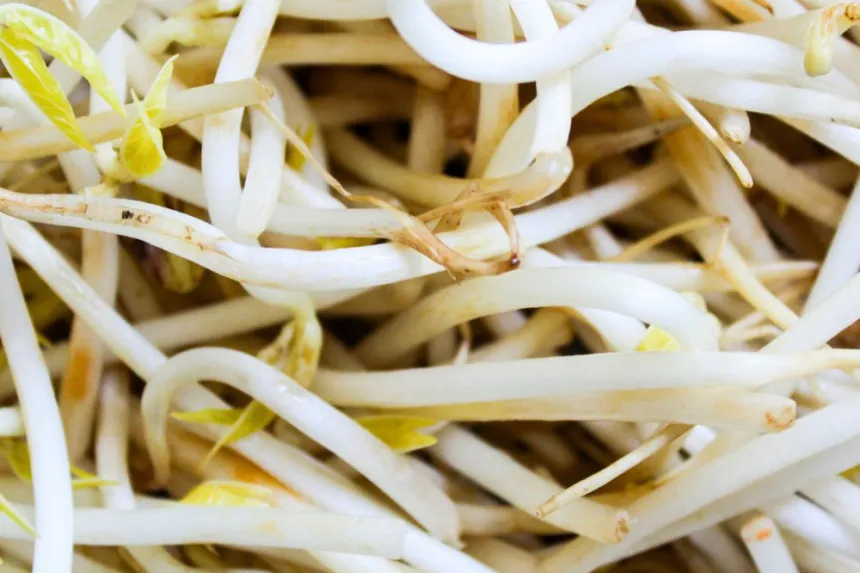Is soy sauce healthy or harmful for you?

Soy sauce is a popular condiment in many cuisines around the world, especially in Asian cooking. This product not only adds a distinctive umami flavor to food but has also raised concerns about its health effects. In this article, we will analyze the nutritional aspects of soy sauce and the factors that could influence its consumption.
Nutritional Composition of Soy Sauce
Soy sauce is made from the fermentation of soybeans and wheat, which gives it an interesting nutritional profile. Generally, a tablespoon (approximately 15 ml) contains between 10 and 20 calories, depending on the brand. Additionally, this condiment is low in fat and carbohydrates.
One of the most notable components is sodium. Soy sauce is known for its high salt content, which can range from 900 to 1,000 mg per tablespoon. This represents a high percentage of the recommended daily intake (RDI) of sodium, which is 2,300 mg for most adults. This high level of sodium can pose risks for individuals with high blood pressure or related health issues.
Potential Benefits
Despite its high sodium content, soy sauce has some benefits. It is a source of antioxidants, which can help combat cellular damage. Furthermore, compared to other condiments, it is low in calories and fat, making it a healthier alternative to creamy or high-calorie sauces.
Soy sauce also contains essential amino acids, which are important for tissue growth and repair. However, it is important to remember that its consumption should be moderate.
Risks Associated with Excessive Consumption
Regular consumption of soy sauce can be detrimental, particularly due to its high sodium content. Excessive salt intake is linked to several health issues, including:
- Hypertension: An increase in blood pressure can heighten the risk of heart disease.
- Fluid Retention: The high sodium content can lead to swelling and discomfort.
- Kidney Problems: People with kidney diseases should be particularly cautious about their sodium intake.
Alternatives to Soy Sauce
If you are concerned about high sodium consumption, there are alternatives available in the market, such as low-sodium soy sauce. These options have a similar flavor, but their sodium content can be significantly lower. Another alternative could be tamari, a type of soy sauce that generally contains less wheat and is often made gluten-free, making it a suitable choice for people with intolerances.
You can also experiment with other condiments that add flavor without the high sodium content, such as lemon juice, vinegar, or spices.
Conclusion
In summary, soy sauce can be both beneficial and harmful, depending on the amount consumed and an individual’s health status. While it adds flavor and some nutritional benefits, its high sodium content can be a risk for certain individuals. It is advisable to maintain moderate consumption and opt for healthier alternatives when possible.
If you enjoyed this article and want to learn more about health and nutrition topics, feel free to visit my blog for more content like this!











































